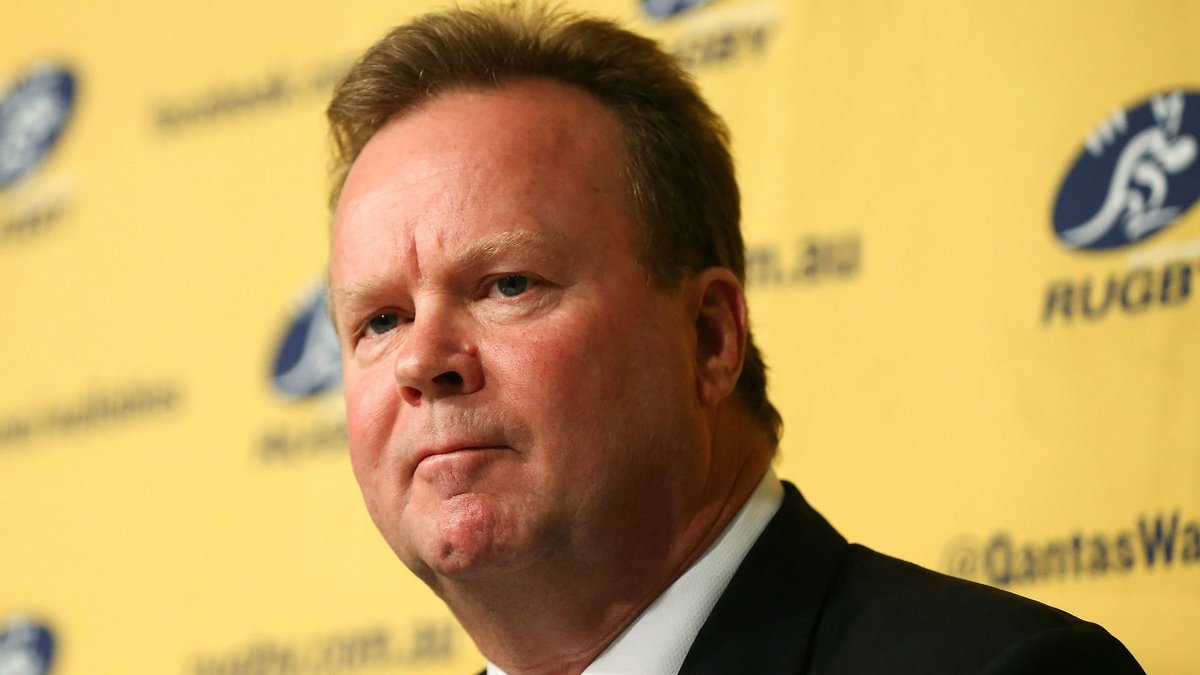ARU CEO Pulver to step down following Super Rugby saga

Australian Rugby Union (ARU) CEO Bill Pulver has confirmed he will stand down from his role as soon as a replacement has been found, after the organisation announced its intention to cut Western Force from Super Rugby.
The ARU confirmed on Friday it plans to discontinue Force as a Super Rugby franchise from 2018 as the competition is trimmed from 18 to 15 teams, a decision that has prompted RugbyWA to consider legal action.
Pulver’s five-year term had been set to end in February, but he now intends to leave at the earliest opportunity.
In a news conference, he said: “I’ve told the board that I will step aside as CEO once they have found a replacement.
“We’re dealing with the issue of dropping a Super Rugby team and that has been a harrowing process. My sense is that it’s a good time for renewal – I’m coming up towards the end of my five-year term – and I think we want a clean slate.
“The next generation of rugby in this country will be served with a new head, so I think it’s the right time.
“It’s been a difficult and I think that just means it’s the right time for change … a fresh set of eyes and ears coming into this game.”
ARU CEO Bill Pulver fronts the media. "Incredibly tough decision to terminate the Western Force license from the 2018 Super Rugby season.
— Rugby AU Media Alerts (@RugbyAU_Media) August 11, 2017
Pulver confirmed all contracted players at the Force will have their deals honoured, adding: “Hopefully most of them will actually find a new Super Rugby team. If they don’t, we’ll allow them to have an early release. If they don’t want an early release, we’ll still honour their contracts.”
Despite expressing deep regret to those affected by the move to cut the Force, Pulver insisted “the right decision for Australian rugby” had been made, a view echoed by ARU chairman Cameron Clyne.
“It’s not a very pleasant situation, but we have to confront reality here,” explained Clyne.
“Our teams have declined in performance. Our performance has declined from when we went from three teams to four teams, and declined when we went to five teams. I know it’s easy to say people haven’t turned up to games because of uncertainty. People haven’t turned up to games because the teams don’t win. And there’s a direct correlation to revenue.
“We have consulted widely, before the process, during the process. You will recall that an EGM was held and the members voted in support – they had an opportunity and they voted in support of four teams, so we’re acting in line with what the members and stakeholders want.
“It’s not going to be an easy process, but what will get revenue flowing back into the game is our teams winning. There is more chance of our teams winning with four teams, that’s the reality.”
































































